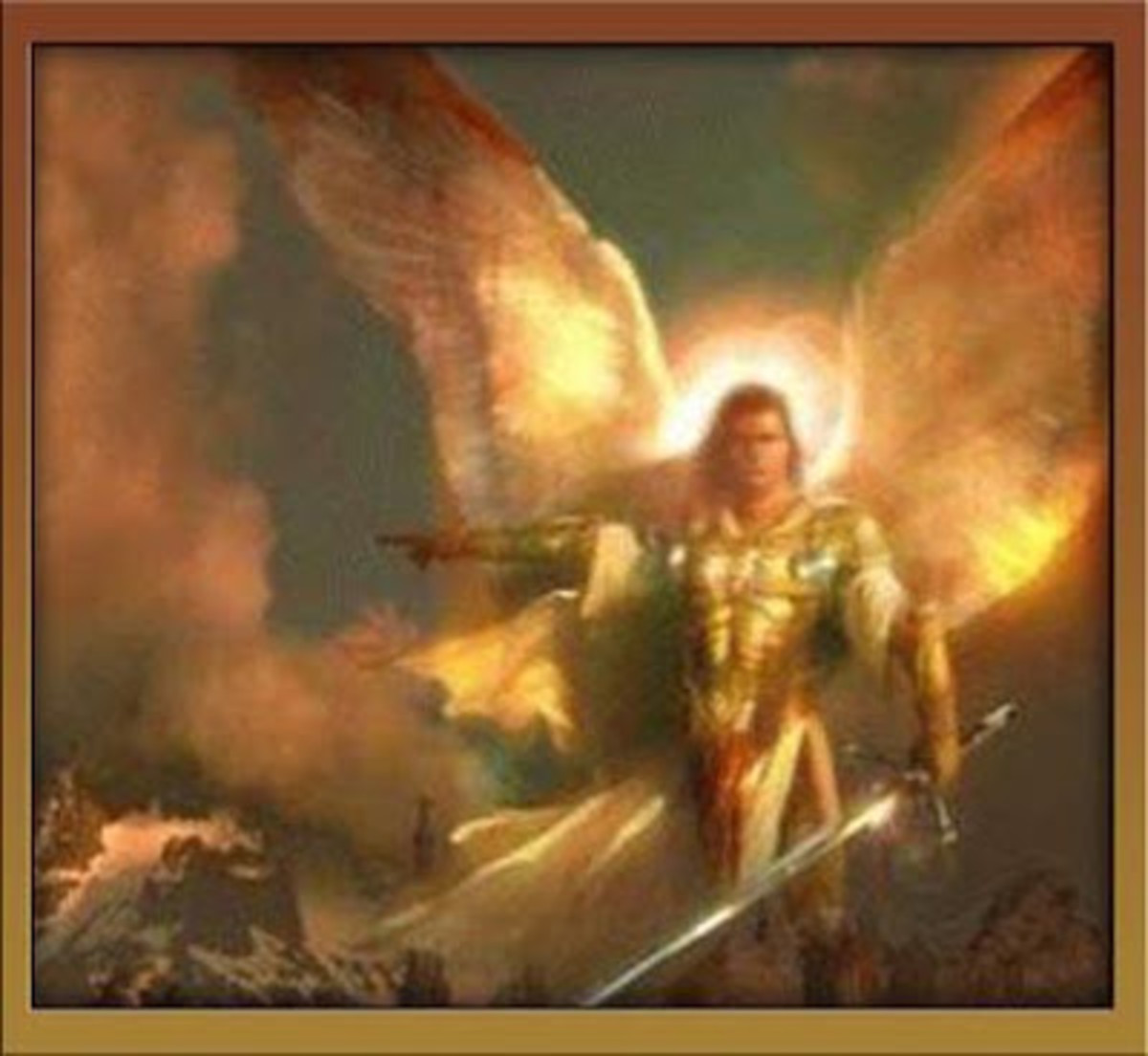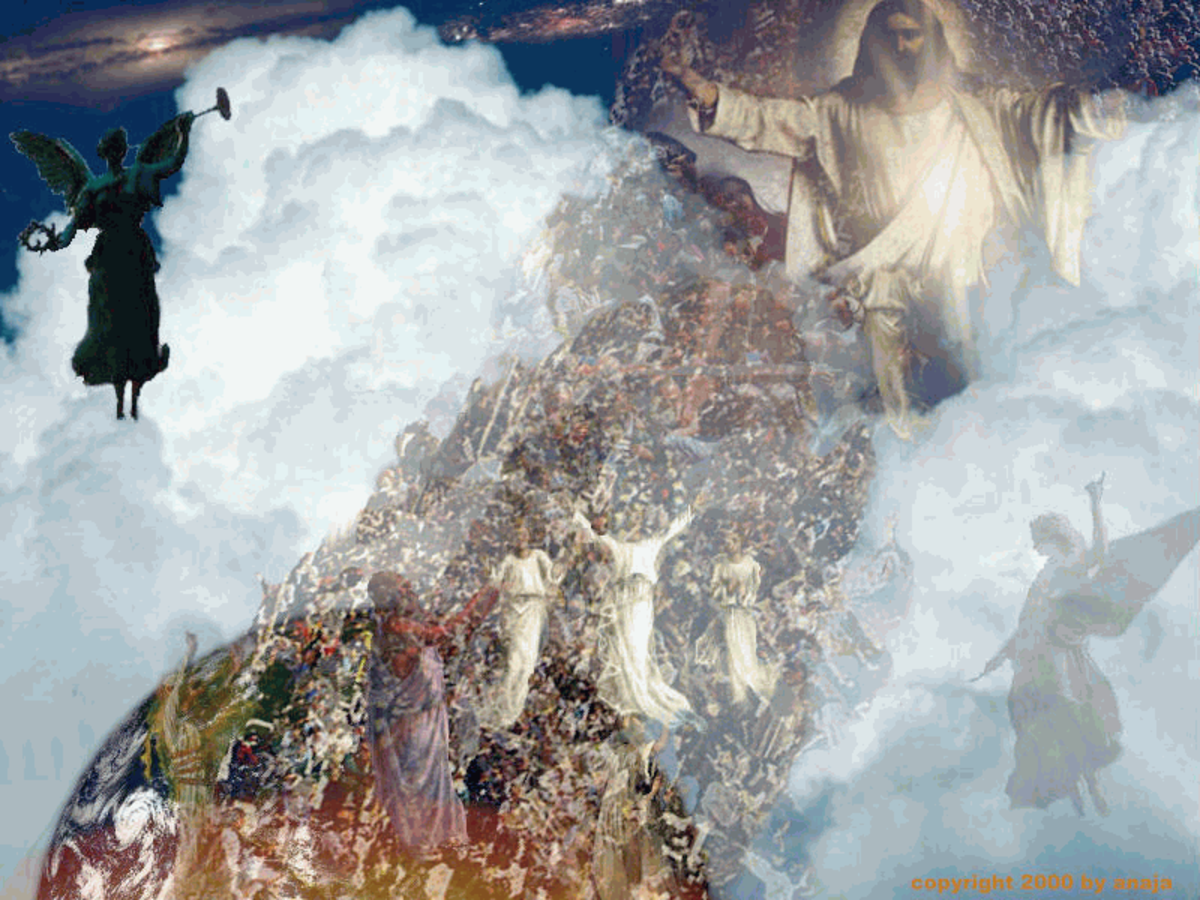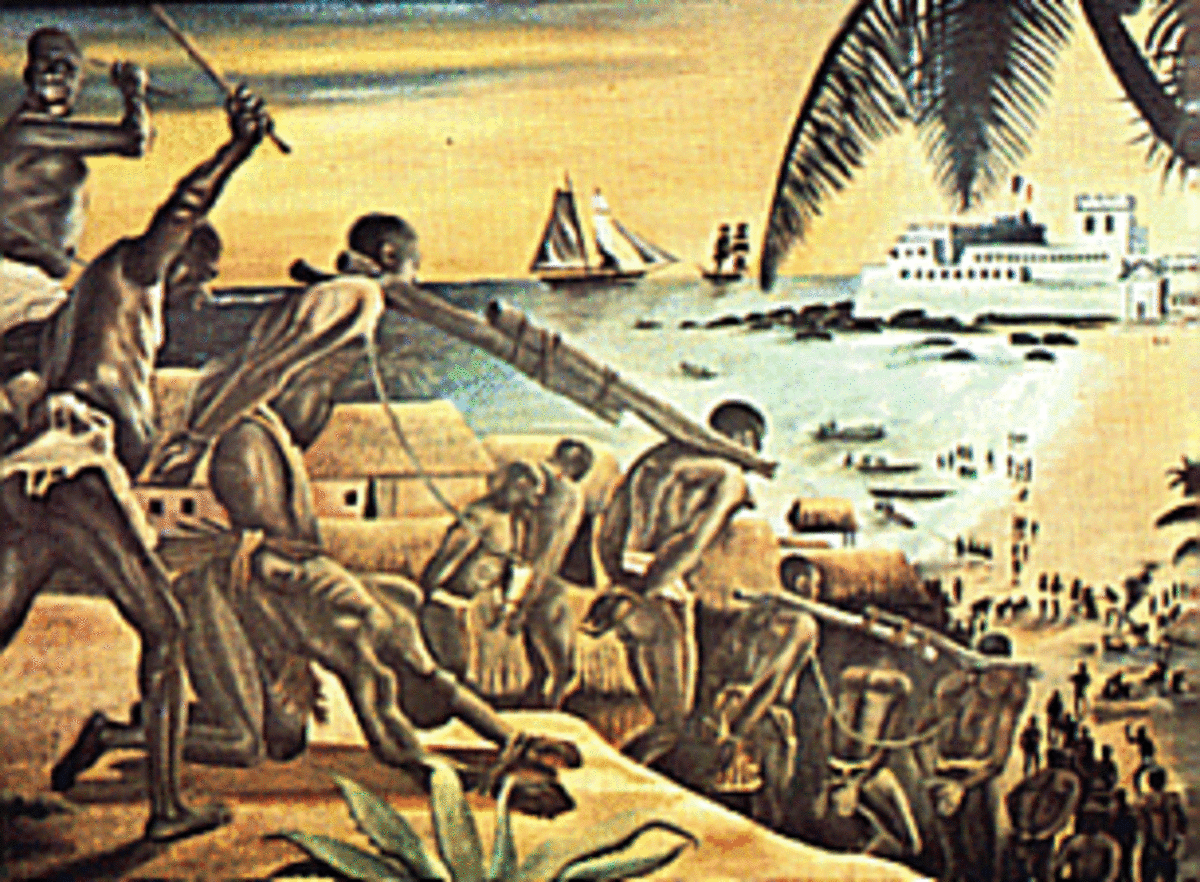Father's Hearts
Elias - Elijah
Luke 1
17 And he shall go before him in the spirit and power of Elias, to turn the hearts of the fathers to the children, and the disobedient to the wisdom of the just; to make ready a people prepared for the Lord.
Malachi 4
5 Behold, I will send you Elijah the prophet before the coming of the great and dreadful day of the Lord:
6 And he shall turn the heart of the fathers to the children, and the heart of the children to their fathers, lest I come and smite the earth with a curse.

Fallen Leaves
The trunk bares limb, then branch, then twig
In six-thousand years it’s grown so big
Billions of leaves now grace this tree
Though hues may very, all from one seed
Below the tree lie leaves gone past
Their time is through, they faded fast
The leaves up high look down and say
They’re gone from life, they’ve blown away
And so it was until one morn’
The leaves below were heard to scorn
Judgment comes, see how we’ve fared
We had our chance, we’re not prepared
Who can help, is there no plan
The ones up there, perhaps they can
And so their hearts turned to the ones
Who still were basking in the sun
They longed to gain a living glance
Think of us, or we have no chance
With breezes blowing in their ear
The living did not even hear
Then a different wind came by
It whispered of the ones that died
Remember all that came before
They gave so much so you’d have more
Some heard the wind and looked below
Desire to help began to grow
And one by one the leaves above
Started to show the past ones love
In gaining love the old gained hope
Slowly they found that they could cope
As one by one they traced their past
United, became one tree at last
And like the leaves, I too must hear
The whispering wind that speaks so clear
I must commit myself to those
Who gave to me this life they chose
Their strengths become my heritage
As I define my parentage
And each name on my family tree
Gives strength through genealogy
When I unearth my family past
I bring to life what’s “me” at last
My family traits become my own
And in this I am not alone
While many search and seek and pray
For lost ones they will find one day
And when I find a long lost kin
I feel a special bond with him
I vow to seek them one by one
Till every father’s brought back home
Then when my leaf falls from the tree
All those I’ve found will there meet me
Elias is the New Testament (Greek) form of Elijah (Hebrew). Both of these references above talk about Elijah, the Old Testament prophet in 1st and 2nd Kings, and his mission to turn the hearts of the fathers to the children. What can this mean? Whatever it is, it is obviously very important, for if it does not occur, God says He will come and smite the earth with a curse. So here is what we know about it:
It will make ready a people prepared for the Lord
It will make the disobedient turn to the wisdom of the just
It will turn the hearts of the children to their fathers
It will happen before the coming of the great and dreadful day of the Lord
In the Old Testament, when they refer to fathers and children, they are talking about ancestors long since passed-on and their living descendents. One example is in Jeremiah:
Jeremiah 31
29 In those days they shall say no more, The fathers have eaten a sour grape, and the children’s teeth are set on edge.
This verse says that there will come a time when the living will not have to suffer the consequences of the previous generation’s actions.
So Malachi is saying that Elijah is to turn the hearts of those long since dead to those who presently live on the earth. And he will turn the hearts of those who live on earth to those who are long since dead. This spirit of Elijah also makes ready a people prepared for the Lord (Luke 1:17), so perhaps the dead look to the living to prepare them to meet the Lord. Many of the disobedient that are now dead would like to be prepared to meet the Lord, but have no way to do so, since their time on earth is past. In many cases this is through no fault of their own. The gospel of Jesus Christ has only been offered to a select few generations since the dawning of man, and only a portion of them have had a fair chance to accept or reject it.
Interestingly enough, Peter talked about these same disobedient spirits of the dead:
I Peter 3:
18 For Christ also hath once suffered for sins, the just for the unjust, that he might bring us to God, being put to death in the flesh, but quickened by the spirit:
19 By which also he went and preached unto the spirits in prison;
20 Which sometime were disobedient, when once the longsuffering of God waited in the days of Noah, while the ark was a preparing, wherein few, that is, eight souls were saved by water.
21 The like figure whereunto even baptism doth also now save us (not the putting away of the filth of the flesh, but the answer of a good conscience toward God,) by the resurrection of Jesus Christ:
So, according to Peter, Christ spent some time teaching the spirits, that the ones who had been disobedient would have a chance to also be brought to God. This makes perfect sense, for God is not a respecter of persons. He treats all alike, giving every one of His children a chance at eternal life. If someone lived at a time when, or in a place where the gospel was not available, then would it be fair to that one when all were judged? We must all have a time to learn and choose. If not, then God is a respecter of persons, and not the perfect deity we claim Him to be.
I find it interesting that in verse 20 we are told they were saved by water (Why not from water?), and in verse 21 he mentions baptism, and of course the Luke reference was to Zachariah about his son, John the Baptist. It seems that these disobedient fathers need to be taught of Christ, and they are concerned about baptism.
Then we search Paul’s letter to the Corinthians to find this:
Cor 15
29 Else what shall they do which are baptized for the dead, if the dead rise not at all? Why are they then baptized for the dead?
The early Christians were practicing baptism for their dead. Paul used this fact to illustrate that there must be a resurrection. He was saying, why are you people baptizing for those who have died if they are not going to be resurrected? Now why would they want to baptize for their dead? If they loved their deceased parents, and if they knew that you can not enter the kingdom of God without baptism (John 3:5), then that would be motivation to get baptized for them. Many of these members of the church were the only ones in their family, certainly the first generation, to be baptized members of Christ’s church. That means they have a lot of members in their family who have not received the saving ordinance of baptism. So they taught the ones still alive, and they baptized for the dead ones, hoping that they would be taught in the spirit world, as Peter described.
Looking back to Malachi, his name means “my messenger”, and so he was. His brief writings are full of messages to us. He is the last prophet in the Old Testament, and his message must point us to Christ.
Malachi 3
1. Behold, I will send my messenger, and he shall prepare the way before me:
This is a reference to John the Baptist, and his mission to prepare the way for Jesus to come. Jesus was quoted in Matthew 11 thusly:
Matt. 11
10 For this is he, of whom it is written, Behold, I send my messenger before thy face, which shall prepare thy way before thee.
So Malachi was instructed to announce John the Baptist’s coming about 450 years before, and in the next chapter, Malachi 4, he tells of the turning of the hearts of the fathers to the children. Once again we see the reference to baptism and turning hearts in close proximity.
In Matthew 17, while coming down from the mount of transfiguration, where Jesus took Peter, James and John to witness the coming of Moses and Elijah (Elias), they asked the Savior why the scribes said that Elias must come first, And He explained that Elijah (Elias) will come first, before the great and dreadful day of the Lord, as Malachi prophesied, and that he would indeed restore all things. Then He said that Elias had come already, and they understood Him to mean John the Baptist. This He may have said to help them see the tie between Elijah and John the Baptist. But we know that John’s mission was to prepare the way for Christ, not to restore all things, so it stands to reason that Elijah will come some time, after Christ’s life on earth and before His second coming, to fulfill this prophesy.
Jesus was later asked in Acts, just before He returned to His Father, if He was going to restore all things before He left. As usual, if He did not want to give them a specific answer, He just side-stepped their question. But it was plain to see from His response that He was not intending to restore all things at that time.
Acts 1
7 And he said unto them, It is not for you to know the times or the seasons, which the Father hath put in his own power.
He was sticking with Malachi’s prophecy, that the Father had directed it to be later, before the great and dreadful day of the Lord. If we believe that the day of the Lord is coming soon, then Elijah will come very soon, or he has come already. If we find record of his coming, we will undoubtedly be close to the truth, for John the Baptist prepared Christ’s way for the first coming, and Elijah will prepare His way for the second coming.
The scriptures are clear. Malachi, Elijah, and John the Baptist are joined together in the subject of turning the hearts of the fathers to the children. The more you look at it, the more ties you find.
What is most amazing in this prophecy is that we can see the fulfilling of Malachi’s words on the internet today. He said that the children would turn their hearts to the fathers, and they most certainly have. Look at the number of sites dedicated to genealogy and family history. Some of the busiest sites are dedicated to helping people search their ancestry. It has never been so easy to find who you came from, and millions all over the world are taking advantage of it. Truly our hearts are turning to the fathers, and apparently their hearts are turning to us.








